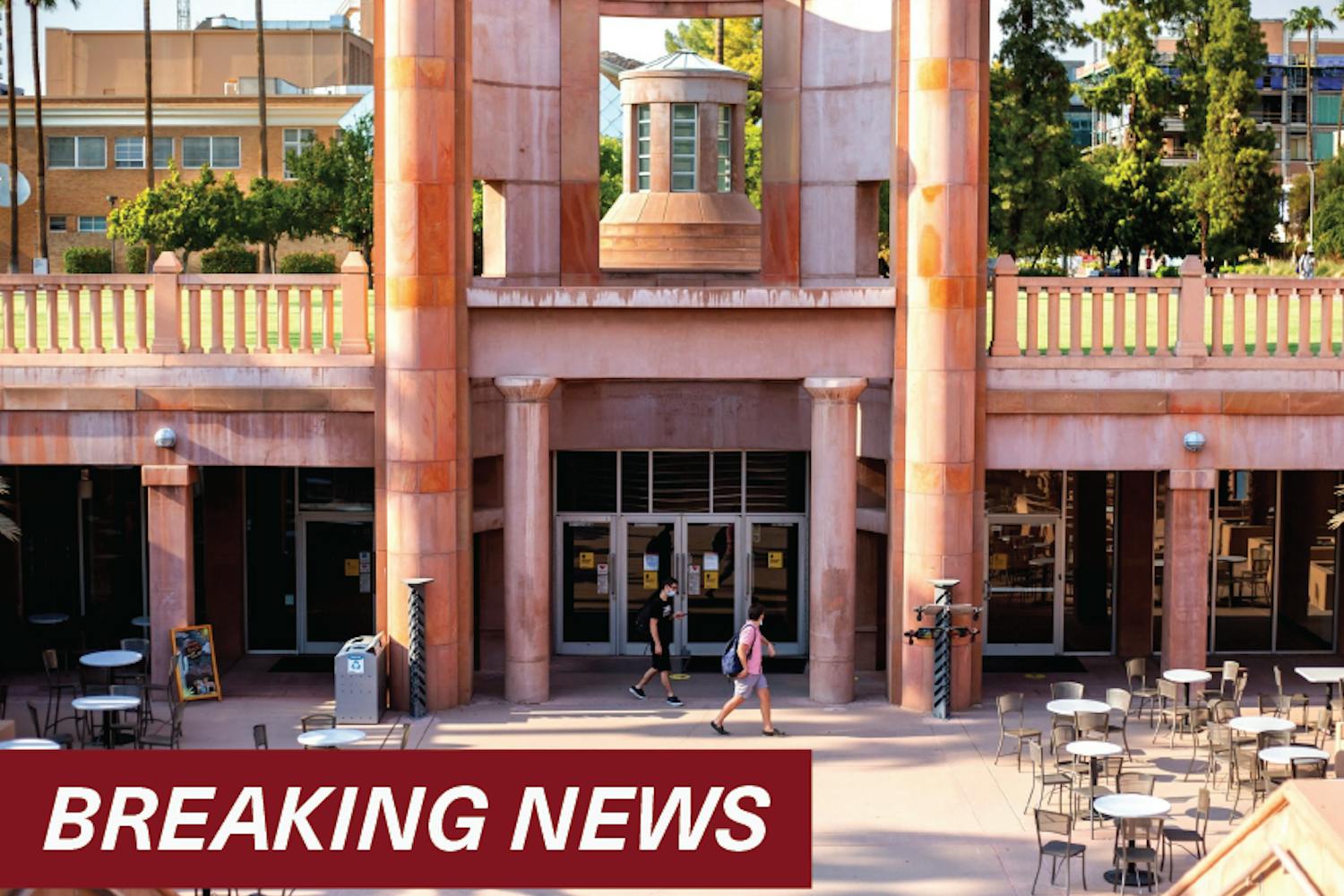 In a college town, police are seen as the obstacle between us and our fun, drugs, alcohol and speeding. But in rural towns such as Nunam Iqua, Alaska, all they beg for is professional local law enforcement.
In a college town, police are seen as the obstacle between us and our fun, drugs, alcohol and speeding. But in rural towns such as Nunam Iqua, Alaska, all they beg for is professional local law enforcement.
Although we get tired of the men on motorcycles handing out minor-in-consumption tickets by the dozens and tossing harsh speeding tickets, we often disregard their most important purpose.
Law enforcement exists to ensure the safety of all citizens. Minor citations and misdemeanors seem to be more of a nuisance than benefit, but when looking at issues such as rape and domestic violence, it is clear that law enforcement ensures safety through consequential orders of law.
There are a total of 75 Alaskan towns, including Nunam Iqua, that do not have local law enforcement. Citizens of these towns are stuck in abusive situations because the closest law enforcement may take hours to reach them, at which time evidence may be lost.
Rape is especially common among these small rural villages of less than 500 people. Although specific men in Alaskan rural communities have been given police-like authority, they have no legal badge or weapons to protect victims or themselves. Eventually, dangerous members of the town may force them to back off.
More than 50 percent of the women in Nunam Iqua are sexually abused by a partner or family member. Violence and crimes in towns like these aren't even socially deemed as crimes, because they occur so often.
When John Sutter, a columnist at CNN, investigated the small town of Nunam Iqua, he found numerous cases of repetitive violence. What struck even deeper than the horrifying stories of rape and abuse was the numbness to it all.
What would be easily treated as crime through legal punishment to residents in urban communities seems to be completely overlooked here. Ordinary citizens do not enjoy the constant persecution and lack of safety but they do not know any different. They know that regardless of the way they react to the criminal activity makes no difference in resolving the problem. Therefore, they become immune and tolerant of an unhealthy and corrupt society.
The Alaskan village needs outside help with real law enforcement. The problem with electing current residents to legally enforce law is their tight connection with the community. In a town so small, each member seems vital in communal functionality.
Although the expose of criminal rural towns focused on Nunam Iqua, Alaska, this is happening around the U.S. Because of geographical disadvantages, select rural town residents still suffer because of a lack of access to a judicial system.
The news covers detailed sob accounts of terrible crimes occurring in countries like Syria and Egypt, which, while devastating, don't change the fact that we neglect our own people too often. In states such as Alaska and Texas, where isolated small towns are not monitored, something needs to be done.
There has been little research recorded on rural crime; most federal sites mention the significant lack of crime in rural communities in comparison to urban cities. The reason for this is the lack of reporting. It’s impossible to find results of rural crime when the places that have it the worst are the most difficult to access.
Paid officers need to be prevalent in each community, regardless of the small size. These officers need to be given weapons and properly trained in order to establish legitimacy in towns with high crime.
Funds and taxes going into these states need to be properly distributed. Local law enforcement should be funded in every society; members of these communities deserve the freedoms and protection that all Americans should be able to enjoy. With road modifications, parks, schools, and improved urban visuals being paid for by taxes, there is room for change.
Reach the columnist at Aubrey.McCleve@asu.edu or follow her on Twitter @theartsss




